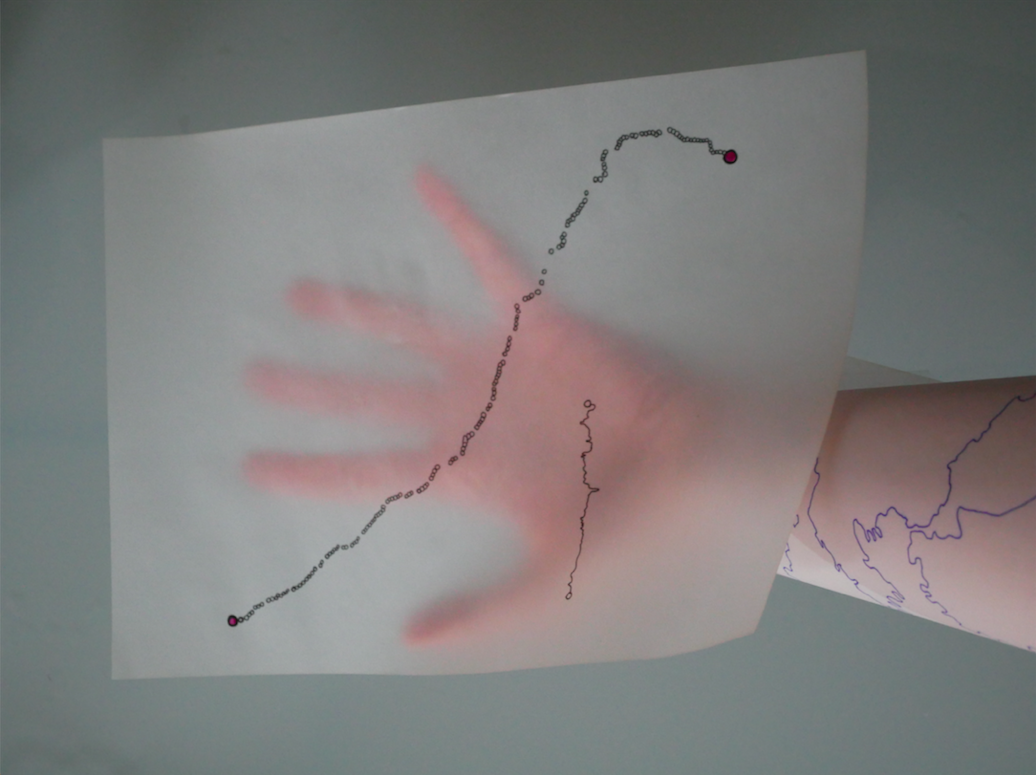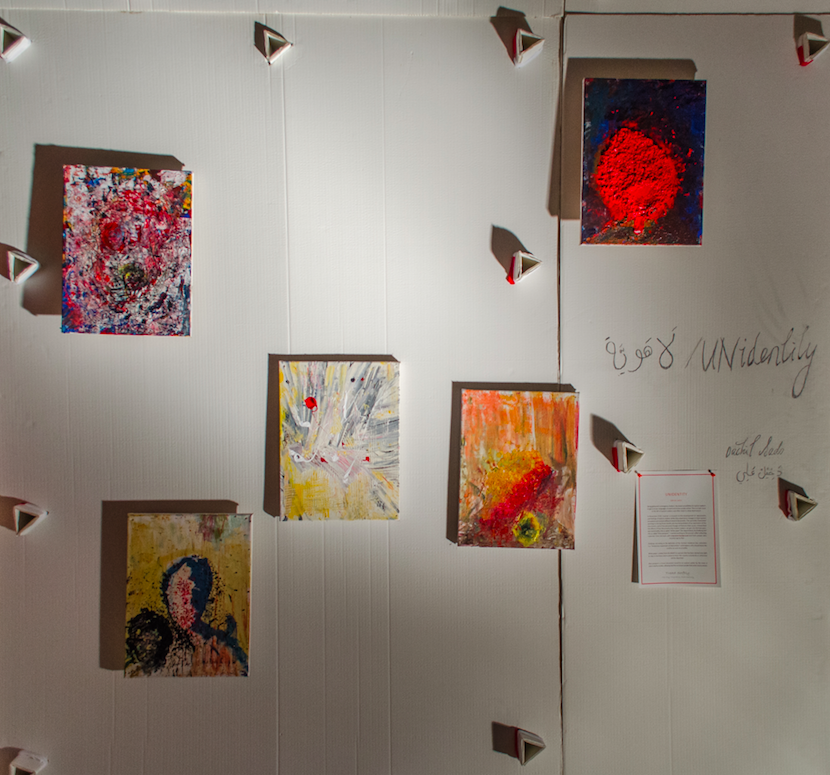The Verbatim Formula is a participatory performance-based research project which works with young people in the social care system including a high proportion of refugee children, unaccompanied minor, and young asylum-seeking migrants. This project is carried out in partnership with the Greater London Authority Peer Outreach Team, and has been primarily created by Maggie Inchley, Sylvan Baker, and Sadhvi Dar, in collaboration with Mita Pujara (Artist/Evaluator) and is produced by People’s Palace Projects. Using an earpiece, performers relay the exact words of a previously conducted interview to the audience. In this portable testimony service, listening is made visible through a performance illustrating sections of interviews which have been edited together into an audio file. These performances help people to listen, create open and meaningful dialogue, as well as share and take action. The Verbatim Formula allows participants to be co-researchers on the project and places their voices at the centre of the research; the young people ask the questions, gather data by interviewing, and disseminate the findings through performance.This research aims to create an environment where a diverse number of children and young people can express themselves freely and anonymously, giving those working in social care an insight into the lived experiences of the system, the concerns children may have, and their overall livelihood in the care system. This participatory project illustrates the different experiences of migrant children in social care, as well as ethnic and gender differences where worldviews of participants are examined, then shared through drama performance. Drama allows for a diverse interpretation of life in social care from individuals who experience the system in diverse ways.
Researchers: Maggie Inchley (Queen Mary, University of London), Sylvan Baker (Royal Central School of Speech and Drama, University of London), and Sadhvi Dar (Queen Mary, University of London), in collaboration with Mita Pujara (Artist/Evaluator)

